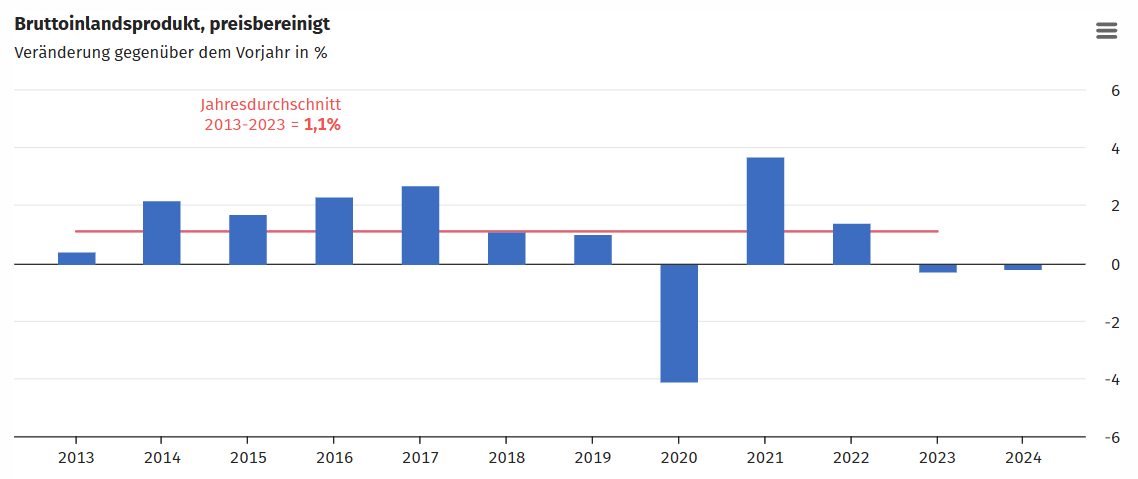Germany’s annual inflation rate slowed to 2.3% in January 2025, down from 2.6% in December, according to the Federal Statistical Office. The decrease matched preliminary estimates and reflected easing price pressures across key sectors, particularly in food and services.
The continued decline in food, energy, and core inflation suggests easing cost pressures in Germany, aligning with broader eurozone inflation trends. However, with services prices still elevated, policymakers will closely monitor price developments to assess potential monetary policy adjustments in the coming months.

Source: Federal Statistical Office
 Bond Market Pushback Takes Center Stage
Bond Market Pushback Takes Center StageMarkets are almost fully pricing in another Federal Reserve rate cut this week, yet the US bond market continues to move in the opposite direction.
Detail Central Bank Expectations Reset the Tone (8-12 December)
Central Bank Expectations Reset the Tone (8-12 December)Traders adjusted positioning before the Federal Reserve’s December decision and evaluated fresh signals from the ECB, BoE and BOJ.
Detail Futures Stall, 10-Year Yield Pushes Above 4.1% (12.08.2025)US stock futures were flat on Monday ahead of the Fed’s meeting, with markets pricing an 88% chance of a 25 bp cut on Wednesday.
DetailThen Join Our Telegram Channel and Subscribe Our Trading Signals Newsletter for Free!
Join Us On Telegram!